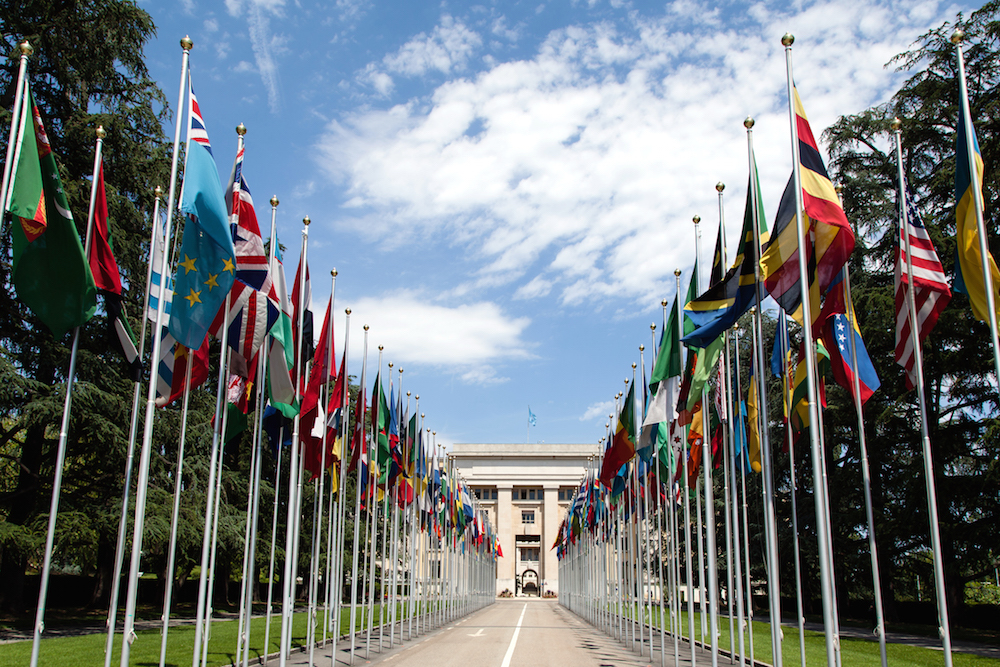By Matthew Petersen
In response to somewhat shrill claims by some Christian intellectuals that Christians ought to support mass migration, and oppose Brexit, Stephen Wolfe recently published an article at Mere Orthodoxy arguing that Christians can (and perhaps should) oppose immigration. Stephen draws from an impressive array of natural law sources to argue that the differentiation between foreigner and citizen is good, and a natural part of human life. This differentiation is integral in protecting the particularities in and through which communities are formed and given their deep particular character.
This position regarding the deep particularity of places is also argued, persuasively, in a piece by Alastair Roberts published by Mere Orthodoxy on Brexit, and the necessity of making peace between the cosmopolitans who tended to oppose Brexit and the locals who favored it. Alastair lays out the competing anthropologies on which hopes for mass immigration, and opposition to it, are based. According to a liberal anthropology, we are all interchangeable individuals, whose connection to our land, our parents, and our people, is merely accidental; on the other hand, according to a more Biblical anthropology, our person is always deeply embedded in the particularities of a people and a land.
Login to read more
Sign in or create a free account to access Subscriber-only content.
